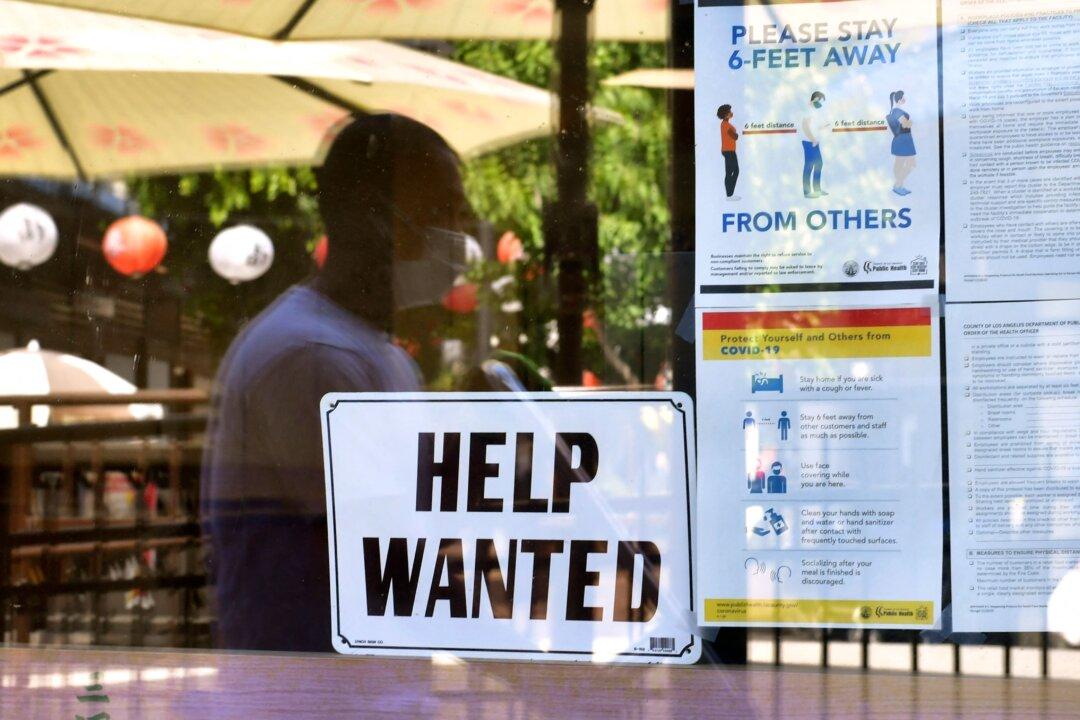A new survey of nearly 45,000 employers in dozens of countries showed that 69 percent of businesses reported having a hard time finding workers, a 15-year high for the second consecutive quarter.
The survey, carried out by employment services provider ManpowerGroup, found that over two-thirds of employers in 43 countries said finding skilled talent remains a top challenge. In order to overcome the hiring hurdle, 67 percent are offering prospective employees more flexibility around both work schedules and where the work gets done. At the same time, 41 percent are investing in training, skills development, and mentoring, in order to help ease the labor crunch.





